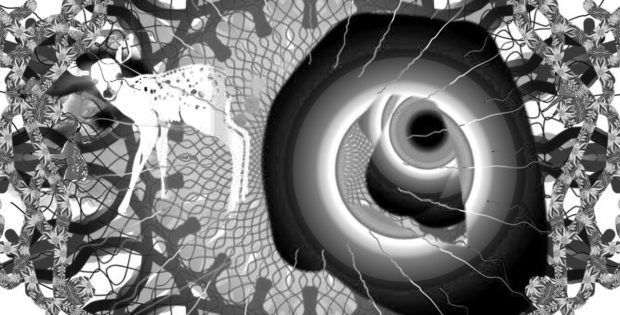The Drowning Heart by Bobby Minelli
Newt was twelve years old, I had purchased him three years prior because he had seemed lonely and so did I. Neither diagnosis had been wrong and we grew to be friends. I had always hated a story where a horse was spent on some stupid cause of man. They’re born to run, it’s us that was born to fight and a fight of some kind or another is the only reason anyone would run their horse to death. As special needs teachers go, I was a very good one, but I knew deep down, that fighting was what I was best at, even if I had swore it off for good. As I ran dear Newt at full gait along the Great Miami River, and rushed into the green moonlight field that stretched between the silver water and the gravel of the old motel. I did worry he may die and I may become one of those fools who kills a beautiful animal over some pointless clash of rust and stardust. It would have struck me as self important and an awful shame, but I would have done it all the same. I guess there were still some things I believed in. Mercifully, I underestimated the old stallion, sometimes it pays to be underestimated. I owned an old Corolla, but the tires had been slashed, so I took Newt and he performed more than admirably, he was heroic.
My mother, ensnared though she was in the writhing purple vines of alcoholism, loved to do two things with myself and my Grandmother. It thrilled her to drive a little over an hour south visit the Cincinnati Zoo, and she liked to go to Church on Sunday and judge the white people who didn’t know their world too, had ended. Also Church was were she got to main vein her neighborhood gossip, which the rest of the week had to travel through normal channel to reach our porch.
The Cincinnati Zoo was a national treasure and specialized in endangered species and repopulation, so I held an acutely focused view of animals who were dying out. It is a singular and vibrant condemnation of our presence that certain species could survive millions of years of evolutionary hardship but could not survive humans. Sometimes I hated us, when I thought about it.
When I was nine, in the grade school library where my Grandma Celia worked, I read of the Spartans, who valued physical and mental acuity above all other virtues, leaving babies who displayed signs of challenged development in fields to die as a mercy, or throwing them into pits and off of distant seaside cliffs. That strange passing history lesson stayed with me from the day I read it, all the way through the day they locked me up in here with all the other misfit toys. Those imaginary Greek babies were always in my thoughts, haunting me over the things I took for granted. How many have suffered because fate has only cold shoulders? Somewhere in me the seeds were planted and a yearning to help the humans who were not strong enough to survive humans, grew. No matter what manner of creature you are, surviving humanity is a brutal business. There have been several times where I’ve nearly had my candle snuffed by the cruel ancient wind that is human progress. That said, if I did have to go, and that Friday tearing toward the Heartside Inn I thought I might, I was quite sure I didn’t want my gentle horse to die with me. Newt was noble, and spared me a damning hypocrisy, as I tied him up at the far end of the parking lot, I sincerely thanked him for not dying.
I met Wendell Gestas the first hour of the first day that I began at Tecumseh. I was told he came from a farm where he lived with a foster family. The saddest corruption of a life spent in service of others, and indeed the most dangerous foe that needs warding off when one chooses such a career course, is apathy. You have to care. When I first met Wendell, I cared deeply about his education and quality of life. I had been hardened in the dark corners of the same system I figured I’d use to spread light. Ultimately I hoped to end up the school librarian, as my Grandma Celia had been, but a special ed position was open and I’d never stopped my hearing the cries of children left in fields or thrown from cliffs. Upon consideration, the fact that I myself had nearly failed to survive beyond my ninth birthday was probably the moment my course was set.

My childhood best friend was a boy who lived on our block and went barefoot all day long. He looked dirty, beat up, and run down, and we had that in common, but we shared a few other things too. From the first time I looked at him, and the first time he looked back, it was plain to see that there was nothing run down about our eyes. He had bright, quick eyes, and I did too. We both knew how to read well and enjoyed finding long dead authors were common spirits in which to be enveloped. His mother and my mother drank and unceasingly played “Pitch”, which was our town’s card game and on Sunday’s we all walked to church together. Sometimes his mother was sweet, sometimes she beat him. With my own mother, it was the same.
We built a clubhouse out of old rotted planks that washed up on the shores of the Great Miami River, even made a perimeter with some barbed wire left in the woods along the railroad tracks. There was a large railroad bridge that crossed the river and was an intimidating holy structure. We made our camp just on the west side of the tracks, so the daring act of crossing was necessary for access. To get to it, you had to start on the tracks that were a hundred yards behind the old Heartside Motel. Loyola and I would ride our bikes to the motel, which had been empty for years, and leave our bikes in the center of the empty pool so they weren’t visible from the street, then proceed on foot to our sanctuary. It was a marvelous place, our clubhouse, and those early days of our sweet-smelling summer childhood were pretty damn marvelous too.
I suppose beyond cunning eyes and drunk mothers, it is worth mentioning that there was another reason we became fast friends and that was because we both were in possession of names quite peculiar. He, was Loyola Jones, named as such by his dead father who had been wounded in combat during the Gulf War and had found religion thereafter. Loyola often lamented not being named Ignatius, or Iggy, or something he felt might fly, if not beneath, at least closer to the radar. After all, it was the founder of the Jesuit Order, Ignatius Loyola, wounded in combat at the Battle of Pamplona, and thusly called to Christ upon the emergence of his survival as a likelihood, from whom my friend’s father had drawn the inspiration for his name. But his father had said that Loyola was a more striking and unusual name than Ignatius or Iggy, and he had wanted a striking and unusual son. That, Yogi Jones, of New Miami, Ohio, who was himself nicknamed Yogi, as an homage to Berra, due to his legendary status as Tecumseh High’s greatest catcher of all time, did get. For as Loyola grew, he was, if anything, striking and unusual. Unfortunately, Yogi Jones also got cancer, chewing tobacco. He said he hadn’t the slightest goddamn interest in going bald or quitting chew, so he had died instead. Some people insist on their defining trait being stubbornness, and often, the children must carry the crosses their parents construct on the odd hills upon which they choose to fall. Loyola’s mother, Deanna, a former pinup model who leaned closer to pornography than Marie Claire, had given up on the strange boy when his father died, and so Loyola, like myself, found himself the adopted child of the river, the forest, and the small town streets. Here ye, here ye, there is freedom in abandonment, but obviously, where you go matters a great deal. My destiny, sat at the bottom of the Great Miami River.

